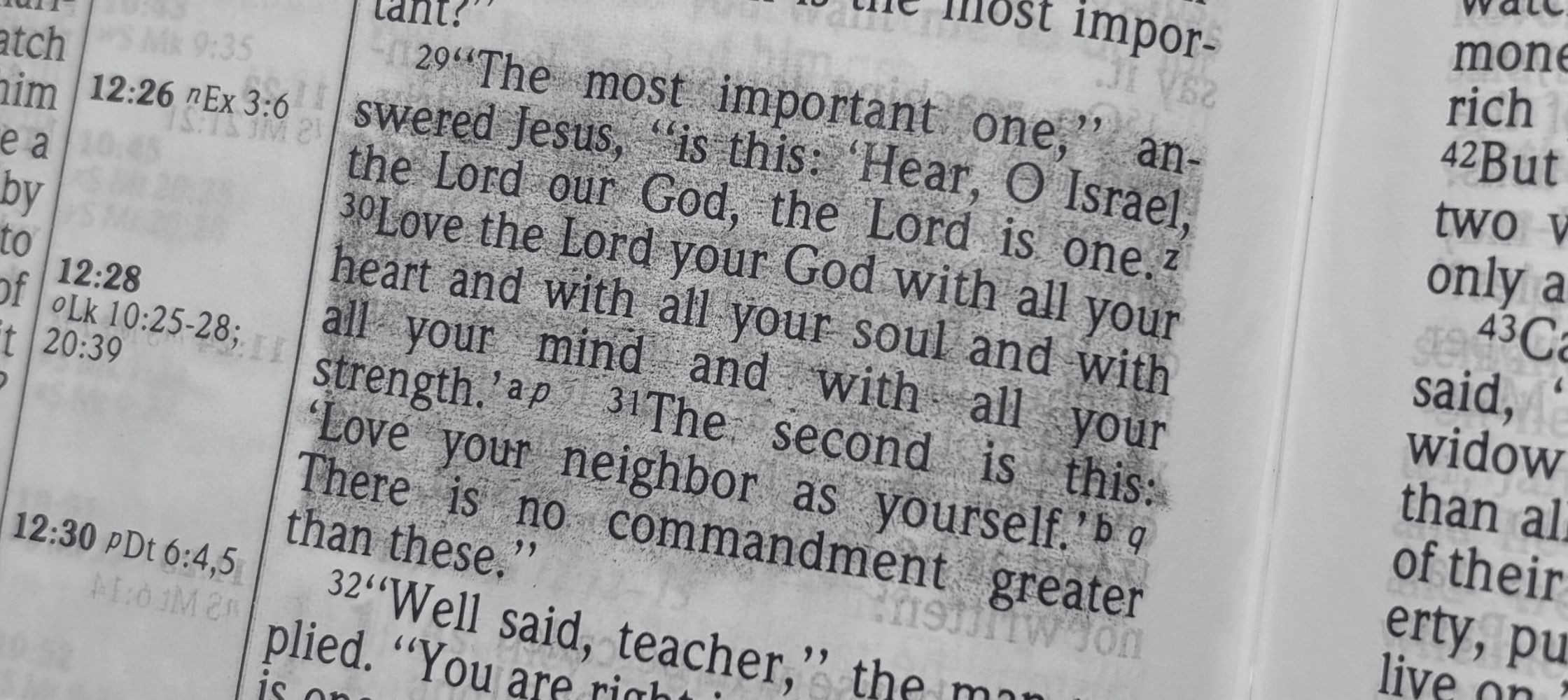Thank you! Your submission has been received!
Oops! Something went wrong while submitting the form.

By: Robert E. Zink
December 11, 2023
It was George Washington Carver who said of our evangelism,
"Ninety-nine percent of the failures come from people who have the habit of making excuses."
Actually, I have no idea what prompted these thoughts from Carver, and any search I have performed to find them does not tell me the context. George Washington Carver, though, was a prominent scientist known in the early 1900s for his proliferation of ideas and inventions that highly transformed the agriculture industry. Today, the mention of his name induces a vision of peanuts, as his work and name became synonymous with the crop. Though he professed Christ, it would be wrong to speculate that evangelism was truly the content of the speech in which this phrase was uttered. Yet, I am convinced that the greatest hindrance to the Great Commission is the excuses we offer for our failures in the Great Commission.
These excuses range in expression from "I am not gifted or called" to "I don't know how." In between, you will hear people say things like, “I witness with my life,” “I don’t want to offend anyone,” or “I lack the resources or ability.” Yet, we know these excuses, likely hear them frequently, and probably have used them ourselves at varying times. However, many of these rationalizations fall when we recognize that though God has not called everyone to the mission field and may not have equipped everyone with the gift of evangelism, He has appointed everyone a role within the Great Commission. The texts of Mark 16:15 or Matthew 28:19-20 are not limited to particular individuals but exist as a calling for all believers, and if He has ordained this as the means of setting forth His name, glory, and holiness, then He has orchestrated it in such a way that all believers are equipped for their particular role in it.
However, we are not allowed to justify our lack of participation. Neither should we become content in excusing our disobedience . . . and disobedience is genuinely the correct word, because when we avoid the Great Commission of Christ, we are avoiding a great commandment of Christ. So, what do we do? We confront ourselves.
If a believer searches, he will find resources that point him to the marks of a healthy pastor or a healthy church. These are useful and helpful. Sometimes, though, we need to consider, more generally, the marks of a healthy follower of Christ. In my mind, there are specific marks that are evident, and one of those is a participation in the Great Commission . . . I would love to say that the mark of a healthy believer is a delight in the Great Commission, meaning a delight in evangelism, a delight in missions, and a delight in discipleship. Yet, I recognize that certain pieces of these are legitimate hesitations for some of us, so delight may be too intense of a word. There should exist within us, though, some sort of desire to be part of the Lord's work, which is evident by doing.
As a result, it is incumbent upon each of us to undertake an inventory of our own lives. When that inventory reveals a deficiency, we must be willing to confront ourselves. One of those areas of self-evaluation should be in relation to the Great Commission. Therefore, do not be afraid to ask yourself questions like:
Worth noting on that last question is that sometimes our claims are legitimate. For example, maybe we really do feel unprepared; perhaps we do truly lack answers to specific objections. Likely, we know our own hearts and can determine whether or not it's a legitimate reason or nothing more than an excuse, but what if you are unsure? There's an easy way to assess that: are you doing something about it? We often say, well, I am just not equipped, or I don't know enough, but when prompted, we find out that they aren't doing anything to learn or grow. At that point, it has become a justification, a crutch to be leaned upon in order to relieve our conscience. By self-examination, let us be convinced that we do not want to be people of the Great Omission but people of the Great Commission.
I'm not sure that a properly orchestrated research study would confirm George Washington Carver's numbers of ninety-nine percent. But I am inclined to ask how this might apply to the Great Commission and conclude that many of the failures that result come with justification and excuses. I say that because I know it can be true in my own life. And so I hope that it would humble me to the point of self-examination so that I may be brought to a point of deep conviction and deep confession about my failures in the Great Commission. But instead of living there in those failures, may it turn my heart towards living out the Great Commission more readily. My prayer is that you may have the same heart.
